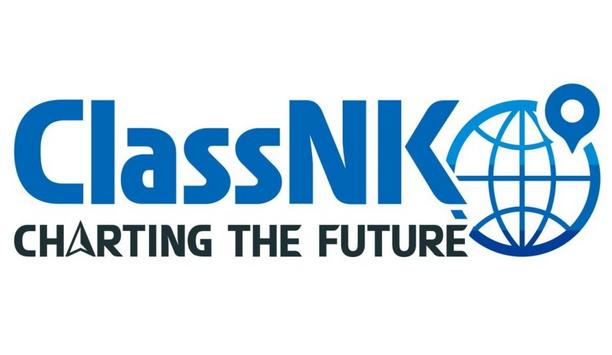Mitsubishi Shipbuilding Co., Ltd., a Mitsubishi Heavy Industries (MHI) Group company based in Yokohama, Japan, has held a christening and handover ceremony for a demonstration test ship to transport liquefied carbon dioxide (LCO2).
The ship will be used for the ‘CCUS R&D and Demonstration Related Project / Large-scale CCUS Demonstration in Tomakomai / Demonstration Project on CO2 Transportation’ (the demonstration projects) being conducted by Japan’s New Energy and Industrial Technology Development Organization (NEDO).
The ceremony took place at the Enoura Plant of MHI’s Shimonoseki Shipyard & Machinery Works in Yamaguchi Prefecture, in the presence of the ship owner Sanyu Kisen Co., Ltd. and other related parties.
CCUS (Carbon dioxide Capture, Utilisation and Storage)
CCUS is gaining attention as an effective means of achieving a carbon-neutral society
CCUS (Carbon dioxide Capture, Utilisation and Storage) is gaining attention as an effective means of achieving a carbon-neutral society. Because the sources of CO2 emissions are often located distant from the sites selected for carbon utilisation or storage, demand is expected to increase for LCO2 carriers able to transport such cargo safely and economically.
MHI Group utilised its expertise and advanced gas handling technologies cultivated through the construction of liquefied gas carriers (both LPG and LNG types) to handle the entire design and construction of the vessel, including the cargo containment system.
EXCOOL vessel to collect and analyse operational data
The vessel, named ‘EXCOOL’, will be chartered by Nippon Gas Line Co., Ltd., which is jointly conducting the NEDO project, to collect and analyse operational data through CO2 transportation demonstration tests.
In addition, Kawasaki Kisen Kaisha, Ltd. (‘K’ LINE) and Ochanomizu University will be commissioned by the Engineering Advancement Association of Japan (ENAA), one of the consignees for the NEDO demonstration projects, as subcontractors to conduct safety assessments of LCO2 transportation operations, along with research and development for the ship's LCO2 pressure control and stability, as well as develop and demonstrate technologies for safe and low-cost CO2 transport.
‘MARINE FUTURE STREAM’ growth strategy
MHI Group is pursuing strategic measures to strengthen its business for the energy transition. For its part in this initiative, Mitsubishi Shipbuilding, in its ‘MARINE FUTURE STREAM’ growth strategy, has laid out a vision for the decarbonisation of the maritime economy through renewable energy and the carbon cycle, along with a safe and secure society through autonomy and electrification, and is working to generate new ideas in marine-related innovation and make them a reality.
As part of this effort, Mitsubishi Shipbuilding will actively pursue commercialisation of LCO2 handling systems, and as a marine systems integrator, aim to achieve decarbonisation.











